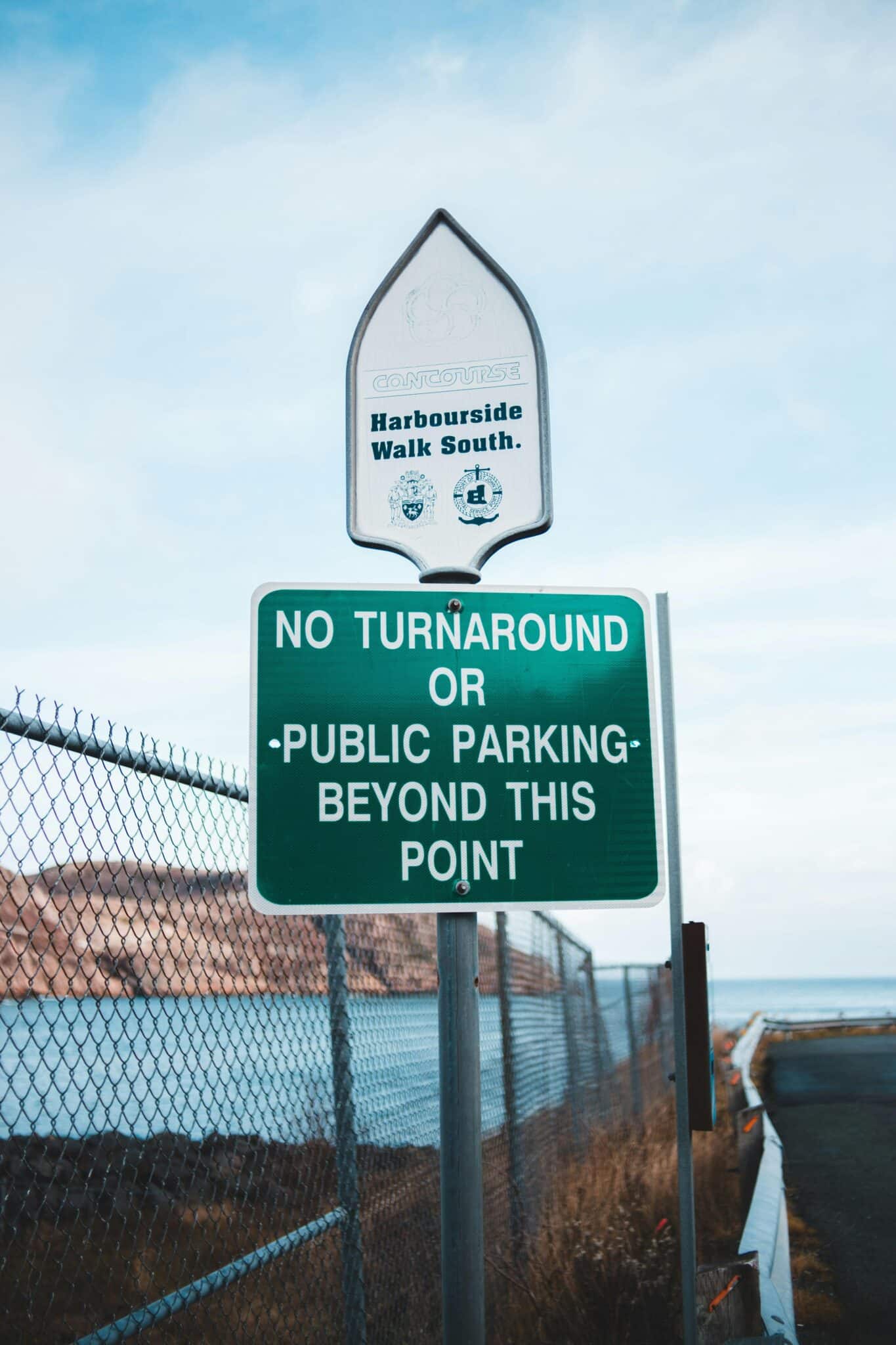Have you ever found yourself nodding along to something inside your heart screamed “no” to? Saying no can feel like such a daunting, almost rebellious act-especially when it comes wrapped in the expectations of others. But here’s the truth: owning your boundaries isn’t just an act of self-respect; it’s an essential key to emotional freedom and peace. In a world that constantly pulls us in a million directions, learning to say no freely-without guilt or over-explaining-can transform the way we live, love, and show up for ourselves. This article is your gentle permission slip to embrace those no’s, honor your limits, and finally reclaim the power that comes from standing firm in what truly matters to you.
Understanding the Emotional Roots Behind Difficulty Saying No
At the heart of our struggle to say no often lie deeply embedded emotional patterns that have shaped how we relate to others. Many people associate refusing requests with disappointing loved ones or being perceived as selfish, causing an internal battle between their true needs and the fear of rejection. This reluctance frequently stems from a desire to gain approval, avoid conflict, or live up to ingrained beliefs around worthiness tied to compliance. Recognizing these emotional roots can illuminate why standing firm on boundaries triggers discomfort, guilt, or anxiety.
Emotions such as fear of abandonment and low self-esteem often play silent but powerful roles. The anxiety about saying no doesn’t just arise from the moment of refusal but from a history of experiences where saying yes felt safer, even at personal cost. Within this complex emotional landscape, it’s helpful to consider:
- How past relationships influenced your comfort with asserting limits
- The stories you tell yourself about deserving respect and kindness
- Whether pleasing others has been mistaken for self-worth
By gently exploring these emotional triggers, you begin to reclaim authority over your choices-not out of obligation, but from a place of self-respect and clarity.
Recognizing Your Personal Boundaries and Why They Matter
Personal boundaries are the invisible lines we draw to protect our emotional, mental, and physical well-being. They are deeply tied to our self-respect and individuality, acting as a guide for how we allow others to interact with us. Without clear boundaries, it’s easy to feel overwhelmed, drained, or even resentful-sometimes without fully understanding why. Recognizing what you need to feel safe and valued isn’t selfish; it’s a crucial act of self-care that nurtures your sense of identity and empowers you to live authentically.
Understanding and embracing your limits allows you to communicate them with confidence and clarity. When your boundaries are clear, you invite healthier relationships based on mutual respect and understanding. Consider these points to help identify and honor your boundaries:
- Reflect on your feelings: Notice when you feel uncomfortable, stressed, or violated-these emotions reveal where your lines are drawn.
- Define your priorities: Clarify what matters most to you to determine how much time and energy you can offer others.
- Practice assertiveness: Express your needs honestly without apology or fear of judgment.
Practical Strategies to Say No Confidently and Compassionately
Mastering the art of saying no begins with understanding that your time and energy are precious. It’s okay to prioritize your well-being and to assert your boundaries without feeling the need to over-explain or apologize excessively. When faced with a request that doesn’t align with your needs or values, try using clear, simple language that respects both your feelings and the other person’s. For example, “I appreciate you thinking of me, but I won’t be able to take this on right now.” This approach demonstrates strength without harshness, keeping the door open for respect and honest communication.
Another key strategy is to balance your confidence with kindness, which strengthens connections rather than strains them. Use alternatives that show empathy, like:
- “I’m unable to commit to this, but I hope it goes well.”
- “Thank you for asking; I need to focus on my current priorities.”
- “I won’t be able to help this time, but I’m here if you need support in other ways.”
These compassionate refusals allow you to maintain your boundaries while nurturing relationships, reminding both yourself and others that saying no can be an act of self-care and respect, not guilt or rejection.
Embracing Self-Respect While Letting Go of Guilt
Embracing self-respect is an act of profound courage. When you choose to protect your energy and prioritize your well-being, you invite a deep sense of peace into your life. Letting go of guilt is not about neglecting others, but about honoring your needs and recognizing that your boundaries are valid and essential. The shift happens when you understand that saying no is a form of kindness-to yourself and those around you-because it fosters honesty and mutual respect instead of resentment.
To truly own your boundaries, remember these key reminders:
- Your worth is not tied to your availability.
- Boundaries strengthen relationships, they don’t weaken them.
- Self-respect plants roots for healthy communication.
By internalizing these truths, guilt loses its grip, and freedom takes its place-a freedom to live authentically and lovingly, starting from within.
In Retrospect
Saying no freely is more than just a phrase-it’s a radical act of self-love and respect. When you own your boundaries without guilt, you reclaim your time, energy, and peace of mind. It’s okay to prioritize yourself, to protect your space, and to honor your needs. Remember, every no spoken with kindness is a yes to your well-being. So embrace the power of saying no-because your boundaries aren’t just rules for others, they’re sacred promises you make to yourself. You deserve that freedom.
















